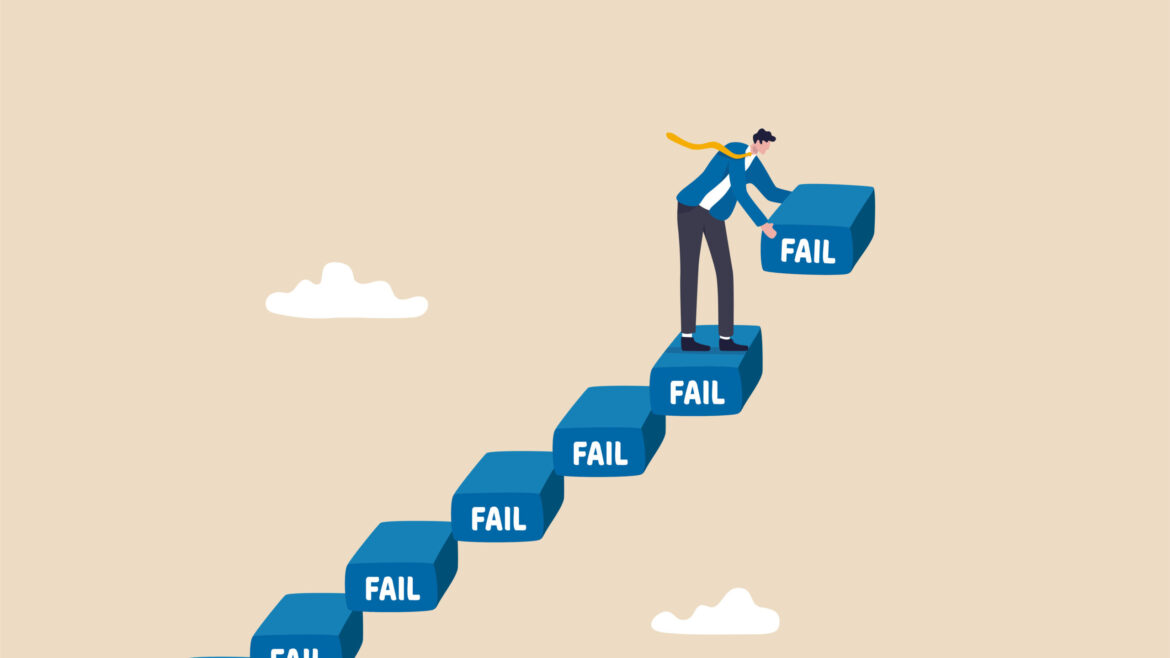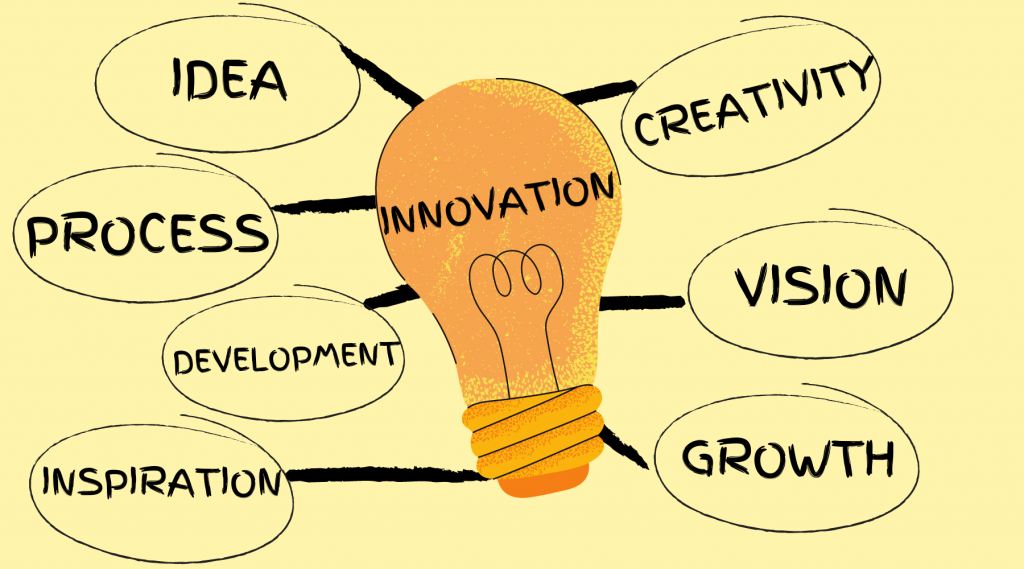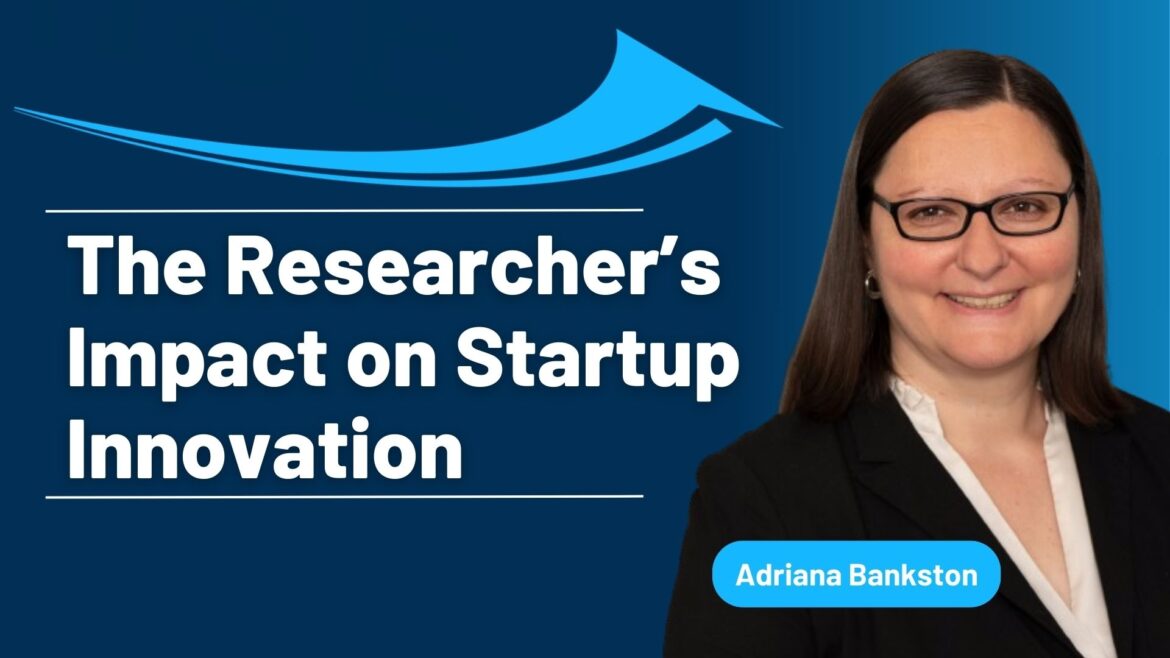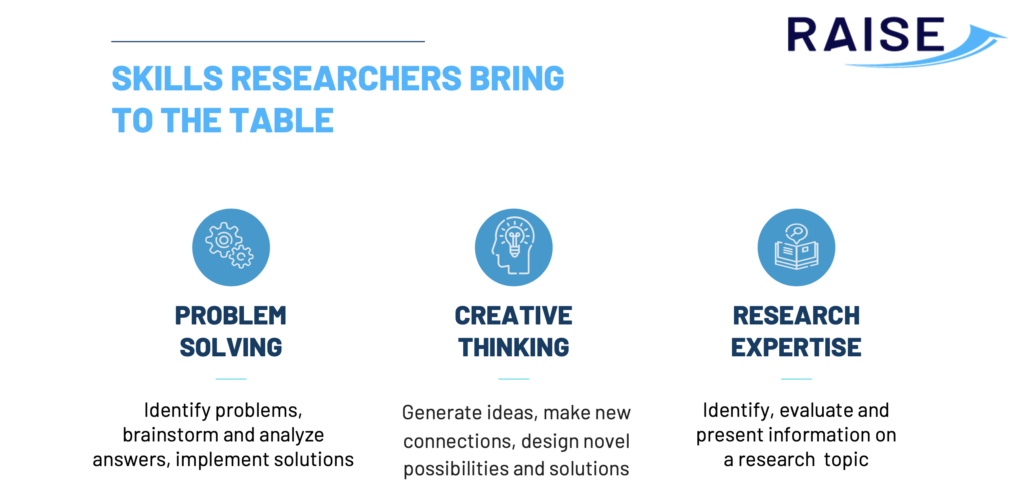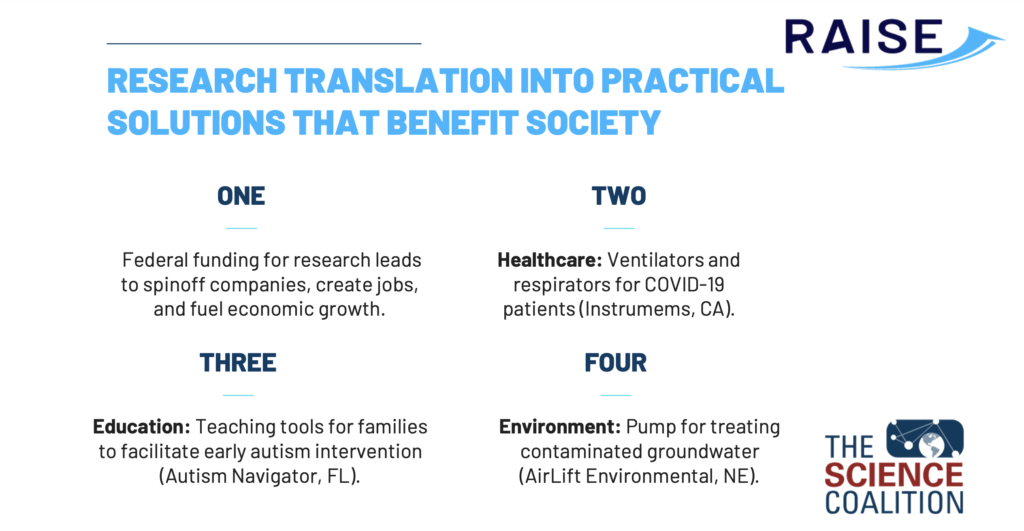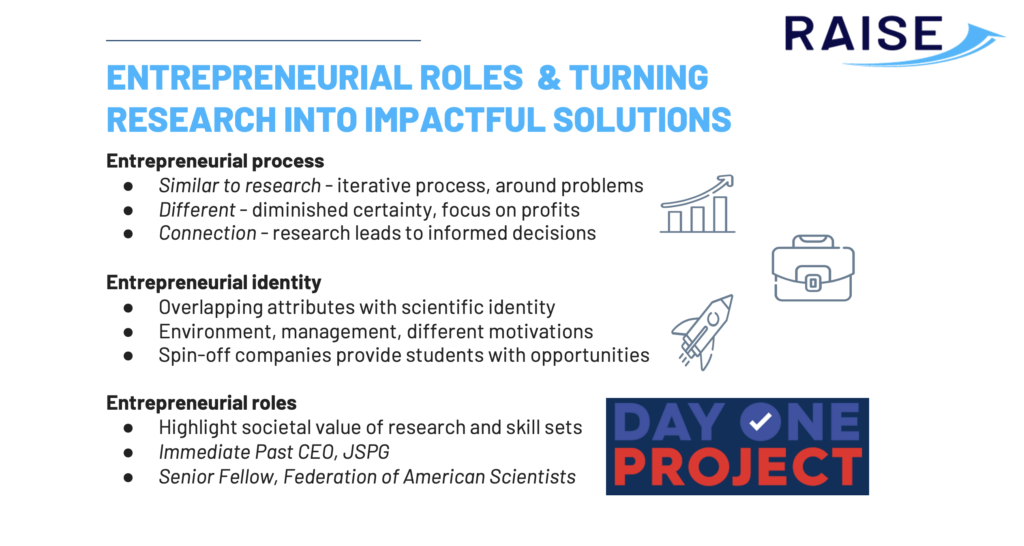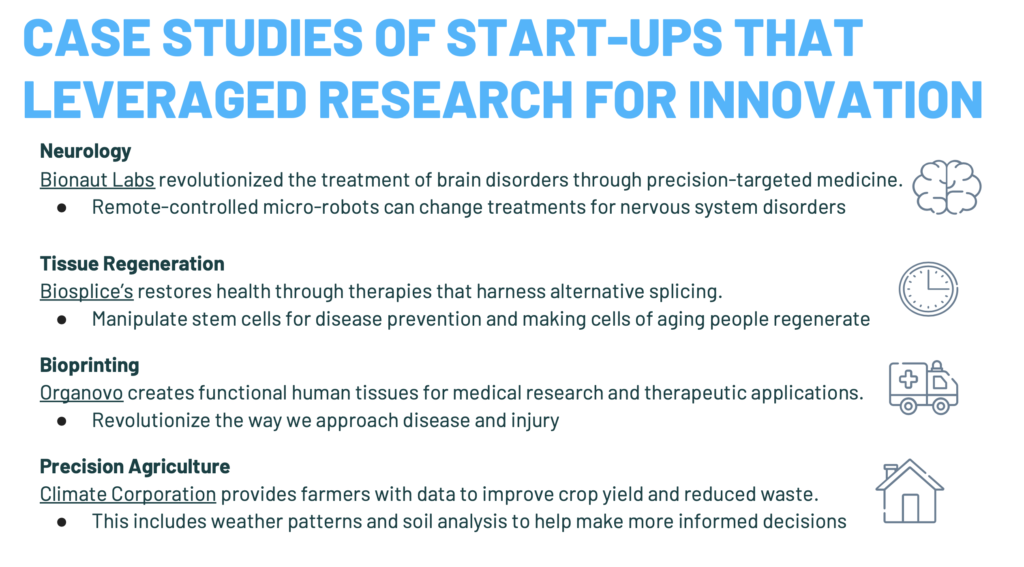Embracing Failure: The Unending Journey of the Startup Entrepreneur
Embracing Failure: The Unending Journey of the Startup Entrepreneur https://theraise.eu/wp-content/uploads/2023/12/AdobeStock_480938309-scaled-1-1024x682.jpeg 1024 682 RAISE fosters startup growth and scale-up within and across Europe https://theraise.eu/wp-content/uploads/2023/12/AdobeStock_480938309-scaled-1-1024x682.jpegIn the dynamic realm of entrepreneurship, the road to success is often paved with setbacks, challenges, and yes, failures. Contrary to the fear of falling short, it’s crucial to understand that in the world of startups, it’s okay to stumble and even fail. The startup adventure is a continuous learning process, and each setback is a stepping stone toward future success.
The Myth of Instant Success
The entrepreneurial journey is frequently romanticized, with success stories taking the spotlight. However, behind every triumph lies a series of trials and errors. It’s vital for aspiring entrepreneurs to recognize that setbacks are not indicators of incompetence but rather integral parts of the learning curve.
Failing Forward
Failure, in the entrepreneurial landscape, is not a dead end but a detour. Each failure brings valuable insights, teaches resilience, and fuels the determination to innovate and improve. The ability to bounce back from failures, known as failing forward, is a key trait of successful entrepreneurs. Embracing failure as a part of the journey allows entrepreneurs to refine their strategies and move closer to their goals.
Learning from Mistakes
Mistakes are not signs of defeat but rather opportunities to refine strategies and approaches. When a startup encounters challenges, it’s a chance for the entrepreneur to reassess, learn, and adapt. The lessons learned from failures often become the foundation for future success. It’s essential to view mistakes not as roadblocks but as guideposts, steering the entrepreneurial path toward growth.
Building Resilience
The unpredictable nature of entrepreneurship demands resilience. Failures can be disheartening, but they also provide an opportunity to develop a resilient mindset. Successful entrepreneurs view challenges as temporary hurdles and setbacks as opportunities to build inner strength. This resilience becomes a powerful asset in navigating the uncertainties inherent in the startup world.
The Never-Ending Startup Adventure
Entrepreneurship is not a destination; it’s a continuous journey. The startup adventure is characterized by constant evolution, adaptation, and the courage to take risks. Embracing failure is an acknowledgment that the entrepreneurial path is an ongoing process of trial and discovery. It’s about persistence, learning, and the unwavering belief that each setback brings the venture one step closer to success.
The Triumph in Perseverance
In the realm of startups, it’s not about avoiding failure but about navigating it with resilience and determination. Embracing the inevitability of setbacks is a testament to the unwavering spirit of entrepreneurship. The startup adventure never stops, and each failure is a chapter in a story of perseverance, innovation, and eventual triumph. So, to all aspiring entrepreneurs: it’s okay to fail; it’s part of the journey, and the best is yet to come.
Photo via Veritus Group


